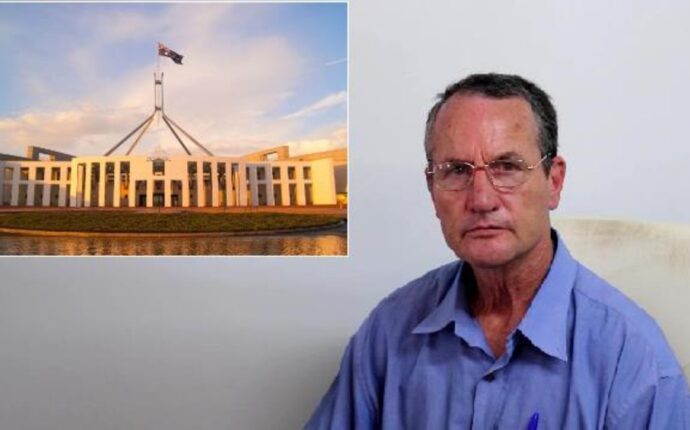The Passing of legislation should be raised from a majority vote to two thirds
It is a self-evident principle of democracy that the Parliament expresses and enacts the will of the public i.e. the desire of the majority of the population, that elected its members as their representatives.
There is a multitude of legislation formed and enacted by Parliament that it is assumed to express the will of the people.
Contrary to this assumption, the history of referendums in Australia indicates that very often the legislation passed by Parliament does not express this will.
The recent referendum proposing the amending of the Australian Constitution to ensure Parliamentary consultation with Aboriginal people was initially passed by both the Federal House of Representatives and Senate. When this proposal proceeded to a referendum of the public it was rejected.
The previous referendum on forming Australia into a republic was also initially passed by the House of Representatives and Senate, yet when voted on by the public in a referendum, it was also rejected.
There have been a total 45 referendums proposed by the Australian Parliament, but when these proposals were voted on by the public, 8 were passed and 37 were rejected.
The history of referendums in Australia proves that a proportion of Federal legislation, perhaps even most, and presumably the same situation exists for each State, is not an expression of the will of the people.
The history of referendums indicates that the testing of Parliamentary bills i.e. proposed legislation, does not achieve the standard of being the will of the people.
The qualification for formation of legislation in the Federal Parliament and for all State Parliaments (except Queensland with its single legislative body) is its achieving a majority of votes of the members of both the House of Representatives and the Senate (named the Legislative Assembly and Legislative Council respectively in the State Parliaments).
It is apparent that passing a simple majority of both houses of Parliament is not an adequate test of legislation to be considered the will of the people.
To ensure that legislation is the will the people, the standard of proof needs to be increased. The standard of proof should be raised to the agreement of 2/3 of the members of all Houses of Parliament. This will ensure that legislation has more widespread support of Parliamentary members and is much more likely to represent the will of the public.
Proposed legislation that does not acquire the support of 2/3 of the members of Parliament can confidently be assumed, as the history of failed referendums indicates, to not have the consent of the public, and should not, and will not, become law.
Controversial bills will not be legislated, while bills with widespread Parliamentary support that can confidently be assumed to express the will of the public, will be made law.
The law should represent the will of the people that are subject to it. This is the best legal guarantor of their happiness and prosperity. Only the quality of its formation will ensure this. The history of failed referendums proves that the quality of this formation needs to be improved. Raising the passage of legislation from a simple majority of votes to two thirds is one act that will ensure this.
David Landini


